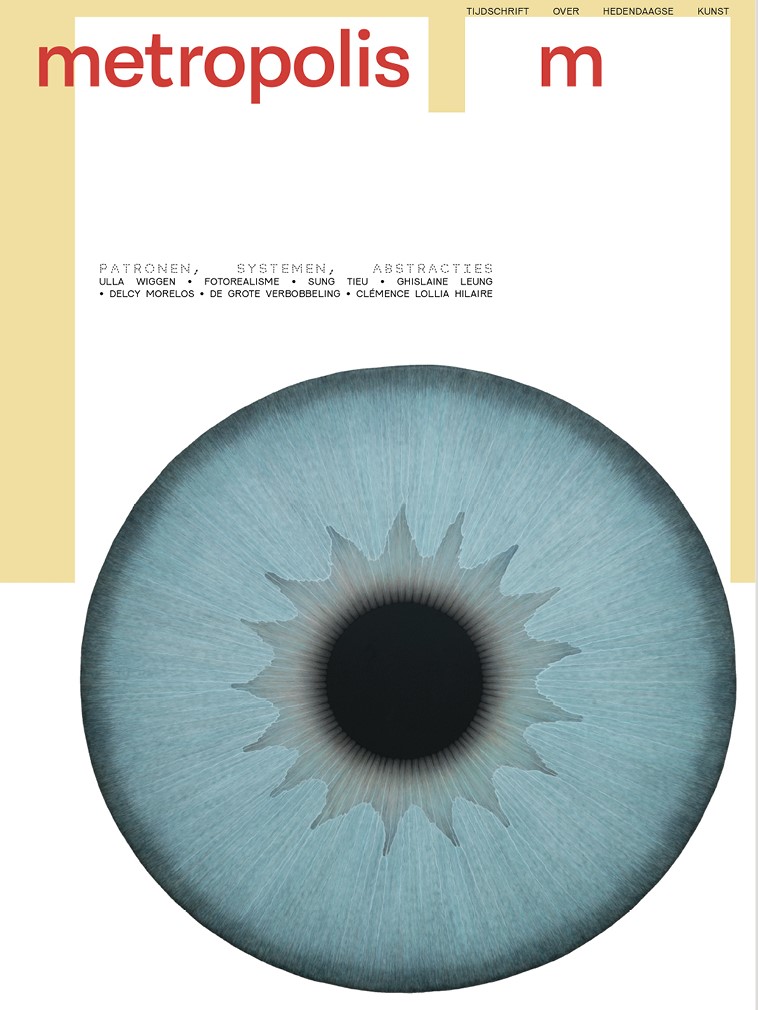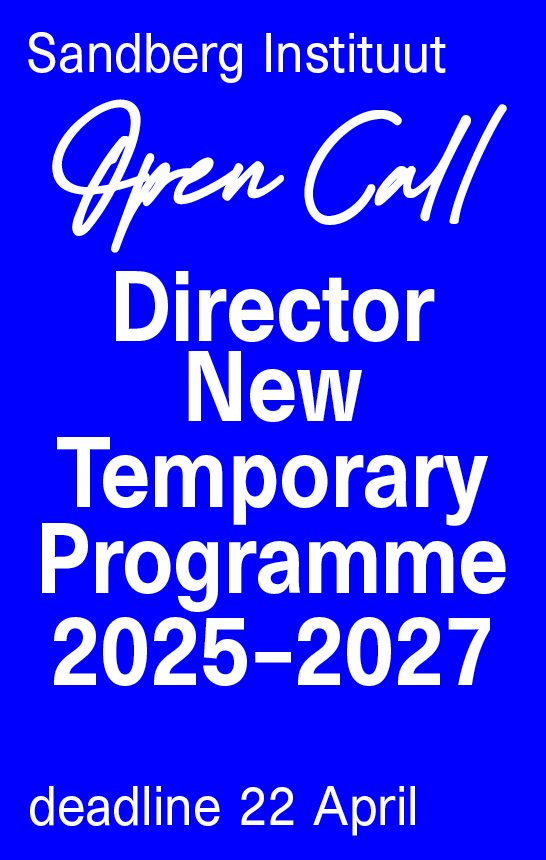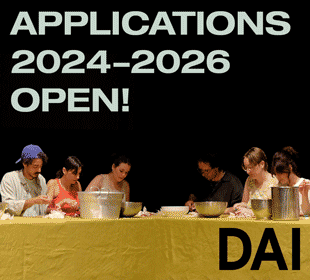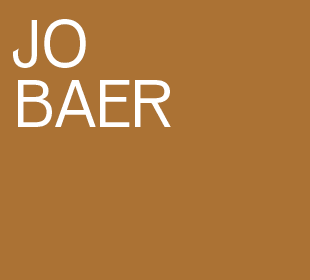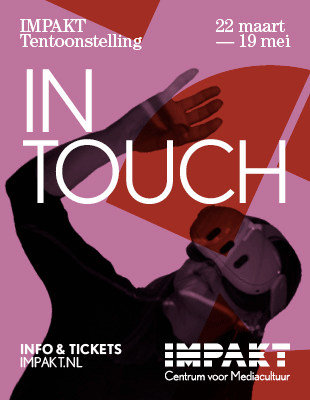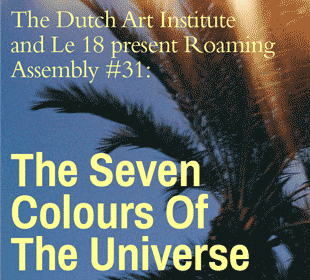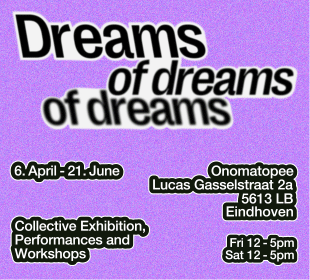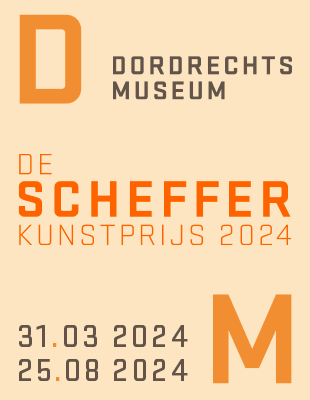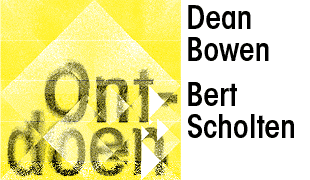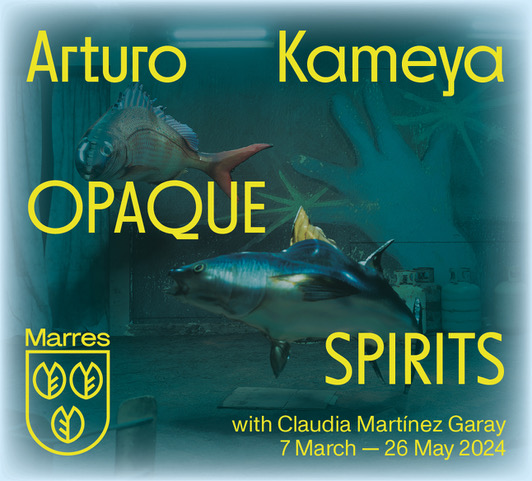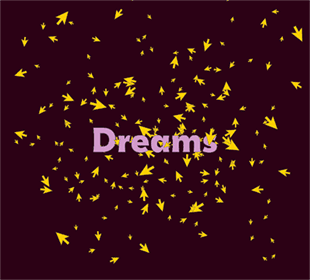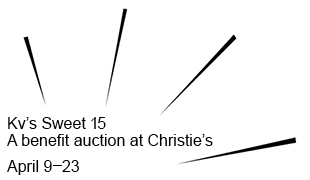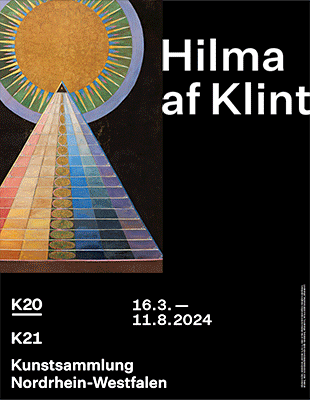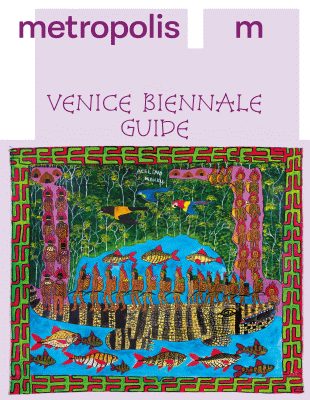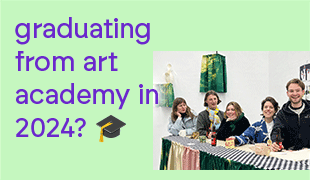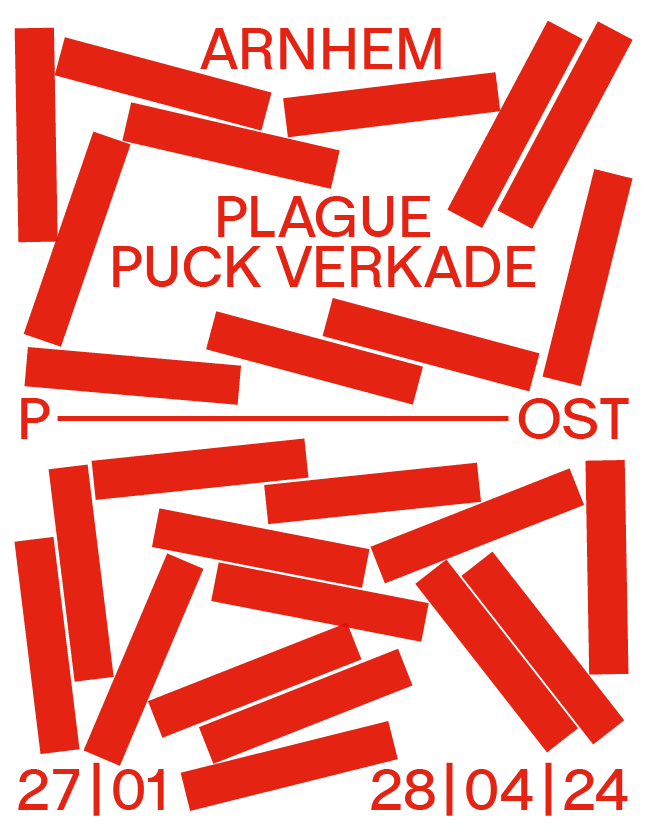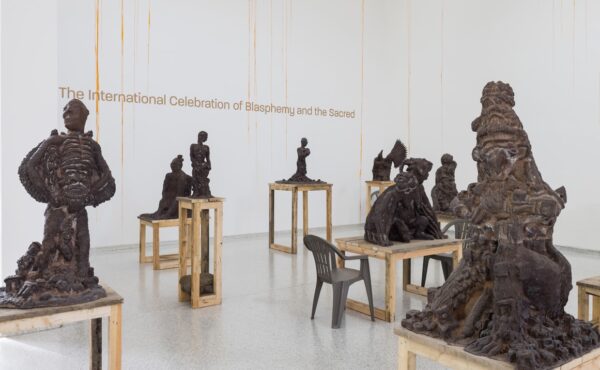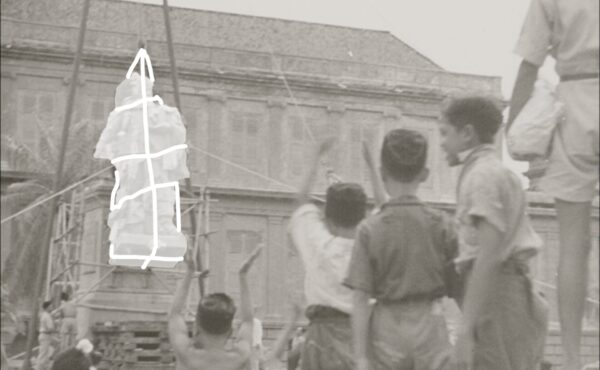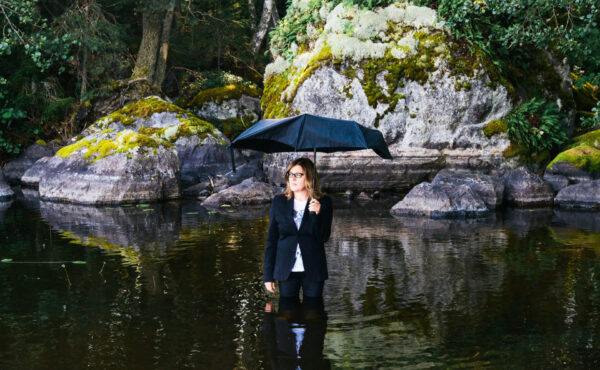
2nd Former West Research Congress in Istanbul

Between 4-6 November, 2010, the second Former West Research Congress, On Horizons: Art and Political Imagination took place in Istanbul Technical University with the participation of artists, curators, cultural theorists, and philosophers coming from a broad background.


For three days, within a heavy schedule, there were illuminating discussions, talks, and conversations on art and politics with speakers and participants from various disciplines, mainly from contemporary art. Discussions were not only limited to the conference hall, but also continued during conference breaks in the cute garden located in the middle of ITU campus accompanied by tea and cookies and at night in different restaurants while having dinner.
The first day of the program began with the artistic director of Former West and BAK, Maria Hlavajova’s opening speech. Hlavajova emphasized the necessity of viewing the origins of the Former West project as a result of the political and cultural transformations that emerged after 1989 that should be evaluated in the context of the events that were happening in various parts of the world and the hegemonic effect of this situation on political and artistic imagination. In her speech she pointed out the shrunken space of politics, the necessity of focusing on the possibilities and impossibilities of political horizon, and the fact that the ‘former’ in Former West is not an end but a speculative term that problematizes the old and new binary.
Her argument that ‘Former West is not a thesis and not a statement, but a proposition and a process’ was like the announcement of the project’s lucidity and multi-facedness. This argument was in parallel to the point emphasized by all the speakers of the congress, that is held for the second time under the title On Horizons: Art and Political Imagination.
The title of the first day talks moderated by Boris Buden was Positing the Horizon in Art, Philosophy, and Politics. The speakers were Peter Osborne, (philosopher and writer, London), Çağlar Keyder (sociologist, Istanbul/Binghamton, NY), Julie Ault (artist and writer, New York), and Simon Sheikh (curator and critic, Copenhagen/Berlin). In his talk where he had an abstract and metaphorical approach on horizons, Boden provided a framework for the first day talks. He said that because horizons have no angle, they are formed by big circles at the center of which there are observers. He also noted that after ‘89, horizons were destroyed and today their signs are left in the pieces that are named and tagged as historical communism and socialism. He told that with the help of these fragmented angles, the possibility of future horizons can be discussed.


Peter Osborne took over after Buden with his speech entitled Expecting the Unexpected: Once more on the ‘Horizon of Expectations’. In his talk, Osborne discussed the concept of Expectation, generally staying faithful to Heidegger, by linking it to the concepts such as political and artistic horizons, the production of ‘new’, and capitalistic production. He explained the difference between Experience and Expectation drawing on Heidegger: ‘you are living in a world in which you expect things you have not experienced’. By giving the examples of two unexpected events: the collapse of the Berlin wall and the 9/11 attacks, he talked about the hegemonic effect of events on political imagination and emphasized the connection these unexpected events establish with future horizons. He also talked about what is expected from art in this situation: ‘contemporary art is the place we expect to find the unexpected’.

The second speaker of the day was sociologist Çağlar Keyder. In his talk entitled Projects in the Absence of Signposts, Keyder specifically focused on Turkey’s relationship with the notion of ‘West’, its modernization project, and the problems of this project in our day. He said that in the face of USA’s weakening hegemony, European modernization and the problematic relations with European Union left Turkey alone in its own modernization project. His assertive argument was quite striking: ‘Istanbul is no longer considered a bridge between the West and the East. It is now a destination’.
Keyder gave the floor to Julie Ault, the cofounder of Group Material and artist and writer. In her talk that focused on the works of Group Material, Ault had an artistic approach unlike the former talks that had a more political and theoretical approach. Her talk entitled Rear View Vision: History Enthusiasm and History Anxiety focused on the archival work she did. The argument she made in the discussion part was quite catchy: ‘There is a pressure when one starts to see one’s work in history to recognize that one has a history, and that can be the opposite of liberating.’
The last talk of the day was from Simon Sheikh, co-curator of the second Former West Research Congress. His speech was given the same title as his exhibition that takes place in Utrecht at BAK, Vectors of the Possible: Art between Spaces of Experience and Horizons of Expectation.
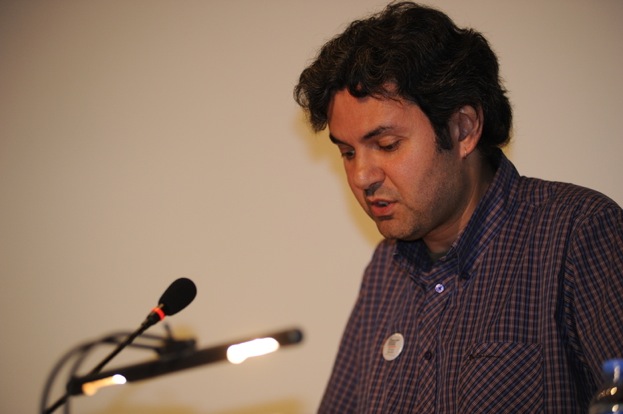
Sheikh’s talk described the notion of horizon that former speakers tried to conquer and describe from various angles in a comprehensive way. He approached the notion of horizon as a figure and image and a practice of holding exhibition: ‘Art is connected to the imaginary, but which imaginary? What does it mean to say that art imagines or is imaginative and has imagination, anything to do with political imaginaries, that is, ideas of the world and society,
He stated that its past and present, but also its possible futures, its possible alternatives. The main issue was that the horizons as a figure are common and shared, they are institutionalized, and the society is established upon them. The questions he asked during his talk were the main questions at the center of all lectures. Does the discourse of the end of history specifically point to the end of western history? He ended his talk with the provocative questions he quoted from Susan Buck-Morss: ‘”We must wake up from the world of our parents” (Benjamin). But what can be demanded of a new generation, if its parents never dream at all?’
The questions asked in the discussing section were generally about the notion of history.
The first day, talks that focused on describing and understanding the concept of horizon from multi perspectives were concluded with Boris Buden’s closing remark that emphasized the everyday reality of fascism. He advised us to use our right to re-describe today departing from the government’s description of contemporary art as ‘leftist hobby.’
Recordings of the 2nd Former West Congress Live Stream can be found at the website of CityTV.
Önder Özengi
